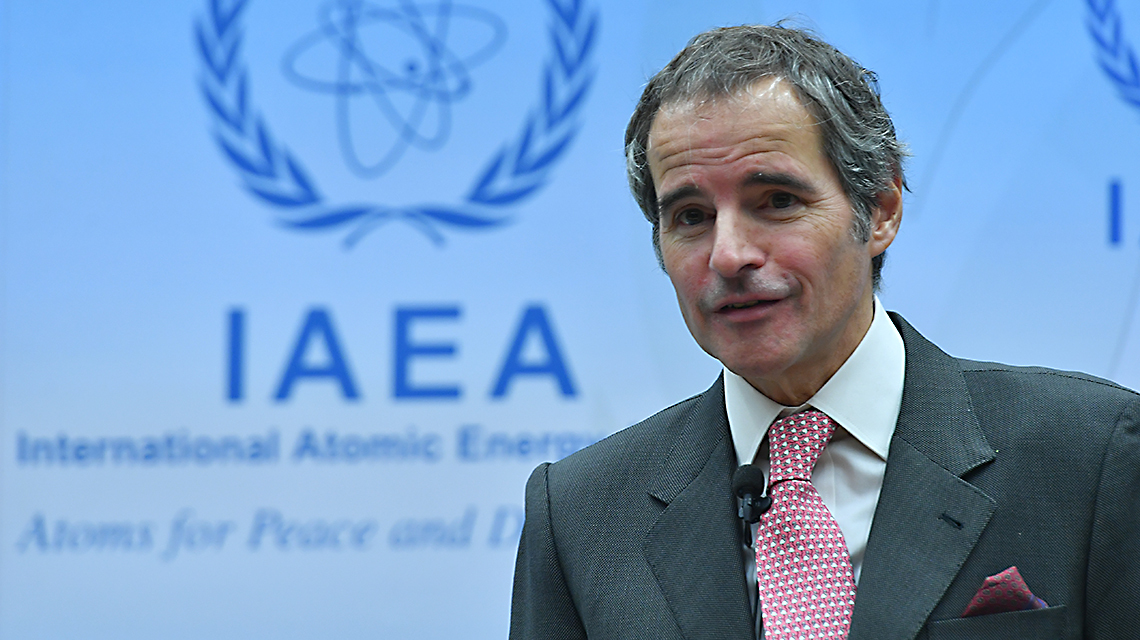Kashif Shah
- 14 Posts
- 100 Comments

 2·5 months ago
2·5 months agothey also have an email address: membership at sdf dot org, but yeah, the internal BBS is where it is at.
We are a public access UNIX system, so it’s not as much of a void as it might seem :D

 2·5 months ago
2·5 months agoWell, please do share what you find!
You are on the right track w/ idealism vs materialism in psychology, at least.
The question there arose from the brain: how do you rectify the mind/soul with the brain/body? Dualism apparently fails (the idea that there is a separate mind from the brain) which leaves only some form of monism. A sort of hybrid materialism-idealism seems to make the most sense, where consciousness is a property of the universe, like time or space, and different entities have differing consciousnesses. In that sort of a philosophy, when talking about the brain of a person you are equally talking about the experience that person is having, just in different terms.
I suspect that in sociology that would be some sort of unified anarcho-marxism, if such a thing exists. The atomic theory of society seems to be the thing where they are working on unifying language. If society is fully atomized, asking whether a new society arises due to free choice or resource demands is like asking whether rivers rise due to rain or sewer overflow, if that makes sense?

 2·5 months ago
2·5 months agothis was one of my favorite childhood games, thanks for posting this!

 1·5 months ago
1·5 months agoapparently, depending on the language used, it will drive the easily angered on the right to insanity

 2·5 months ago
2·5 months agoYou are very welcome!
I’m glad to be able to be of appreciation, as I know how that is - looks like you are in the right place to discuss political science though!
In the interest of conversation, maybe you can explain or point me to an explanation of why Anarchism vs. Marxism is considered “idealism vs materialism” in sociology?
In Psychology, we had an “idealism vs materialism” debate, but it is mostly resolved with a sort of “idealistic materialism” or “materialistic idealism” where, essentially, “idealism <=> materialism”, as I understand it.
I’m curious about what the current state of the art is, in that debate!
Either way, I’ll definitely spend some time in !politics@lemmy.ml checking things out.

 2·5 months ago
2·5 months agoHave you read about the International Covenant on Economic, Social, and Cultural Rights yet?
Based on my understanding, that treaty will require us to have universal healthcare and social security.
https://en.wikipedia.org/wiki/International_Covenant_on_Economic,_Social_and_Cultural_Rights

 1·5 months ago
1·5 months agoI think “Outsider Left” may have subsumed “Faith and Family Left” in the new version of the typology.

 2·5 months ago
2·5 months agoA good rule of thumb is to measure twice, cut once, so perhaps give it a try twice: once where you answer philosophically and once where you answer practically?
I’m due for taking it again, myself, but I generally consider myself a radical moderate (I’m all for system-wide changes) and I think Pew described me as “faith and family left” when I last took the test.

 2·5 months ago
2·5 months agoHah, hello neighbor :D
I’m curious how universal these political typologies could be made. I’m sure this one might apply a great deal to a number of western countries, if you change the names accordingly, etc.

 2·5 months ago
2·5 months agohttps://en.wikipedia.org/wiki/Long-range_Wi-Fi
:D
I’ll see if i can find something specifically about what you are asking, but I would be surprised if anyone has taken the time to try to bounce WiFi. The wavelength might not be amenable to bouncing, as it is such a high frequency signal. If I recall correctly, there is a relatively narrow range of wavelength that will actually bounce back to earth off of the atmosphere.
edit: https://radiojove.gsfc.nasa.gov/education/activities/iono.html

 12·5 months ago
12·5 months agoWe need journalism, not vitriol, in !humanrights@lemmy.sdf.org <- I’m the moderator there. Just saying, if you see something in the news that speaks to the human right to privacy, we’ll spread the news if you cross-post it.
Article 12, UN UDHR
No one shall be subjected to arbitrary interference with his privacy, family, home or correspondence, nor to attacks upon his honour and reputation. Everyone has the right to the protection of the law against such interference or attacks.

 12·5 months ago
12·5 months agoHave any resources to journalistic articles that describe the way in which Meta implementing ActivityPub would be bad for the Fediverse?
Happy to highlight any !Privacy@lemmy.ml human rights concerns (right to privacy, right to share opinions, etc.) on !humanrights@lemmy.sdf.org

 5·5 months ago
5·5 months agoGood catch, I add archive links to everything, but doing it by hand right now, so sometimes I miss them.
Sorry about that.
Planning on writing a script or something to handle archiving.

 31·5 months ago
31·5 months agoYou cannot buy a decentralised network!
https://www.bbc.com/rd/blog/2023-07-mastodon-distributed-decentralised-fediverse-activitypub

 1·5 months ago
1·5 months agoIAEA is the international body responsible for standardizations on nuclear energy.
Four years is not a long span of time in the context of nuclear energy, where technological developments take the scale of decades.
This press release pertains to the newly announced western strategy for nuclear, low-carbon energy. That strategy is still current.
By working to ensure that everyone can benefit from nuclear science, the IAEA underpins rights enshrined in the International Covenant on Economic, Social and Cultural Rights in 1976. These include the right to benefit from scientific progress; the right to an adequate standard of living and the right to the highest-attainable standard of health.
The Agency does this by using nuclear science to combat zoonotic diseases; bolster food safety; protect fruits from pests; strengthen water management; treat cancer; and of course, to help countries mitigate climate change.

 21·6 months ago
21·6 months agobrevity

 42·6 months ago
42·6 months ago“If you’re not paying for the product, you are the product”
https://alanberg.com/if-youre-not-paying-for-the-product-you-are-the-product-podcast-transcript/

 22·6 months ago
22·6 months agoheh, you should see it now - they’ve expanded the features.
i’ll take a look at the controversy, thanks.
edit: skimmed it, looks like contrived controversy to me - a rather unprofessional software reviewer that isn’t willing to engage with their subject? no thanks… but to each their own.









also, apologies to everyone at lemmy.sdf.org if i am flooding local for you. i’ve been busy adding a bunch links